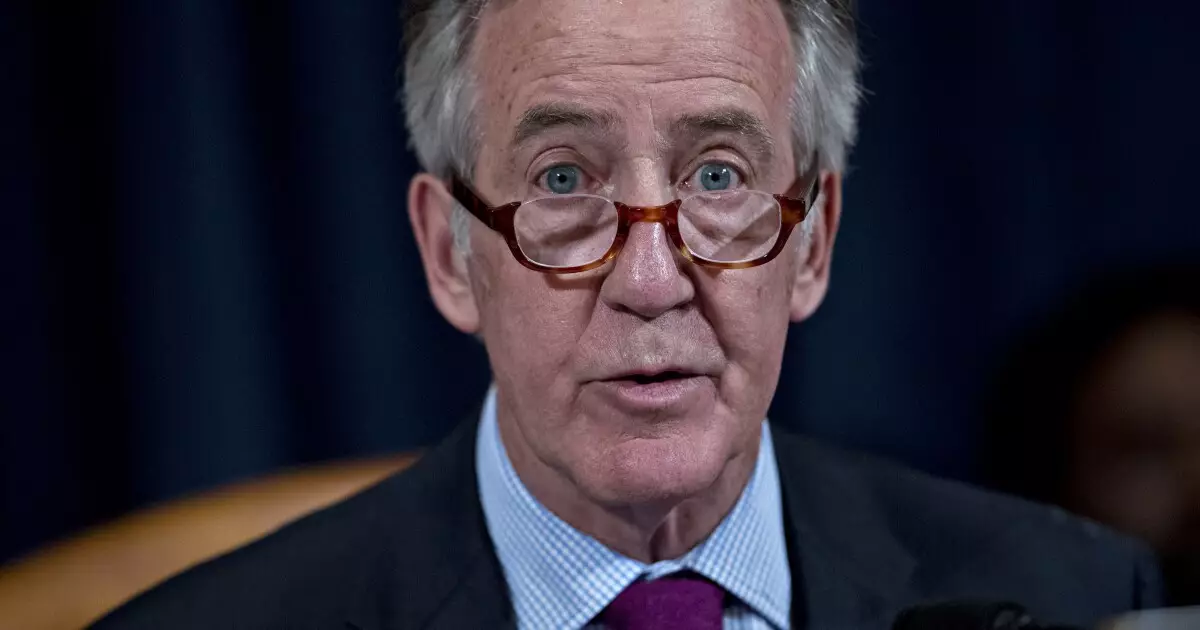The impending federal elections this Tuesday are set to play a pivotal role in shaping various key Congressional committees, which will significantly influence tax policy and surface transportation initiatives in the coming years. With a total of 34 Senate seats up for grabs, and a mere four additional seats needed for Democrats to reclaim a House majority, the outcomes of these elections will have far-reaching implications for fiscal governance in the United States.
Recent analyses, particularly from the Cook Political Report, highlight 22 House races categorized as toss-ups. These contests represent a battleground where party control could shift, thereby determining the leadership of vital committees that manage fiscal policy and infrastructure finance. Polls currently tend to suggest a narrow advantage for Republicans in the Democrat-controlled Senate, while Democrats might edge ahead in the Republican-controlled House.
A change in party control would usher in new leadership dynamics, particularly for committees integral to the municipal bond market. Should Republicans gain the Senate, Senator Mike Crapo from Idaho is anticipated to lead the Senate Finance Committee. As Chair, his stance on expiring provisions of the Tax Cuts and Jobs Act (TCJA) could shield municipal bond tax exemptions—an area of concern as the nation grapples with fiscal challenges. Crapo has hinted at a workaround approach that could allow the extension of current tax laws without necessitating offsets, thereby alleviating some pressure from the municipal bond sector.
The Senate Committee on Banking, Housing, and Urban Affairs is also poised for a transformation, especially if current Chair Sherrod Brown, D-Ohio, is unseated. Should his loss materialize, Tim Scott, a prominent supporter of the previous administration, could ascend to the chairmanship. This shift underscores the broader implications of election outcomes—not just for party affiliation but for legislative priorities and strategic initiatives moving forward.
On the House front, the Ways and Means Committee will undoubtedly emerge as a powerful player in the next tax policy discussion. Current Chair Jason Smith, a Republican from Missouri, has established multiple tax reform teams to gather stakeholder input, signaling an acceleration in policy reformation efforts should Republicans gain a stronghold in the elections. His proposals, particularly surrounding the state and local tax deduction cap, highlight the intricacies of balancing fiscal gains against constituents’ interests, particularly for voters dependent on municipal bonds.
Conversely, if Democrats reclaim the House, Richard Neal, a longtime advocate for municipal bonds, is positioned to retake leadership of the Ways and Means Committee. Neal’s historical commitment to municipal finance could imply a more favorable environment for public bond issues, and his influence may help support the municipal bond market during pivotal policy transitions.
As the Committee on Transportation and Infrastructure plays a crucial role in defining the future of America’s infrastructure projects, the outcome of this election bears significant importance. Current Chair Sam Graves, should he retain his position—dependent on the GOP’s control—may seek a waiver to extend his six-year term limit. If that effort fails, Representative Rick Crawford from Arkansas has expressed interest in succeeding Graves, bringing his own vision for transportation policy.
Notably, if the Democrats gain ground in the House, Rep. Rick Larsen of Washington is expected to take over the committee, directing the legislative discourse on the next surface transportation bill as the $1.2 trillion Infrastructure Investment and Jobs Act nears its expiration in 2026. Key policy considerations for this committee will likely revolve around maintaining the emphasis on competitive grant programs or reverting to a formula-based funding approach, reflecting the ongoing debate about the best methods to allocate federal funds.
Moreover, decisive action is essential concerning the Highway Trust Fund, which recorded the largest deficit in its history at over $21 billion in fiscal year 2024. Policymakers must grapple with innovative solutions to solvently finance infrastructure while addressing inflationary pressures impacting budgets across the board.
The changes in leadership at vital committees like Financial Services, where Chair Patrick McHenry is retiring, promise to recalibrate the committee’s focus and legislative intentions. The potential for a Democratic comeback led by Maxine Waters marks a significant turn toward addressing enduring issues like flood insurance and disaster preparedness.
The elections on Tuesday hold more than just the fate of party control; they herald a new chapter in American fiscal policy and infrastructure development. The outcomes will directly influence how Congress navigates the complex landscape of taxation, municipal finance, and investment in vital transportation infrastructure, shaping the nation’s economic trajectory for years to come. As both parties strategize, the narratives crafted here will echo in the halls of Congress, underscoring the profound impact of this electoral moment on all facets of American life.


Leave a Reply